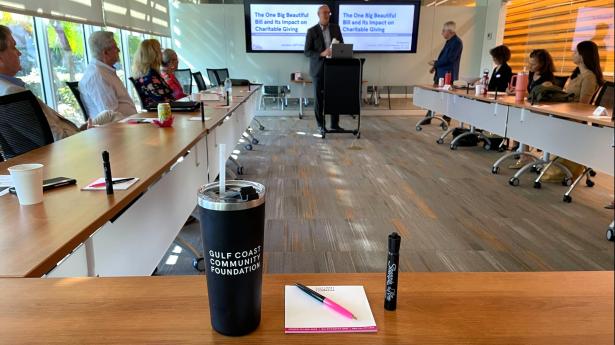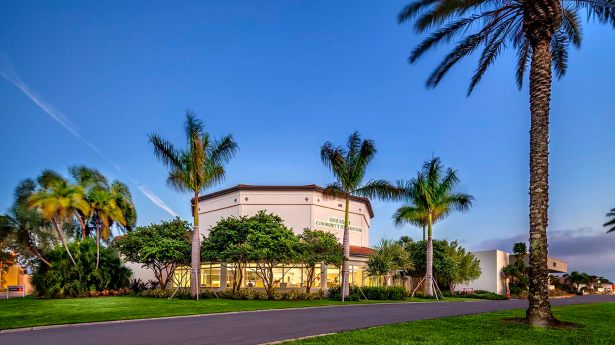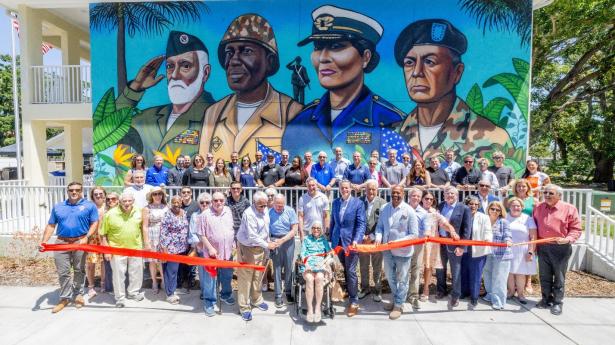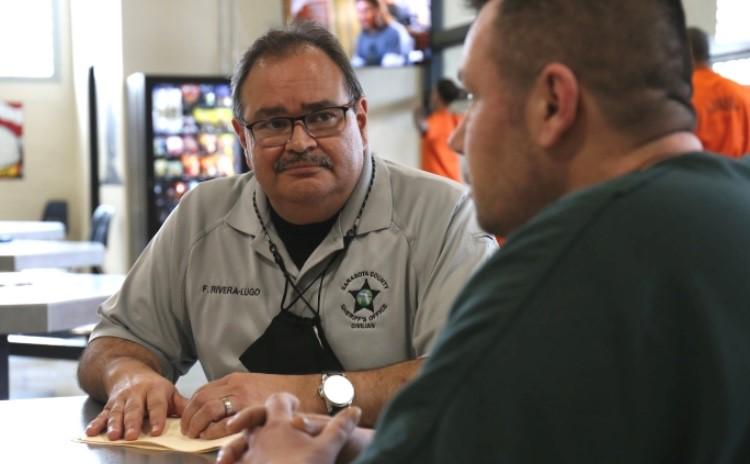
Reducing Recidivism
Through a unique, dynamic, three-way partnership, we at Gulf Coast Community Foundation have partnered with Community Assisted and Supported Living, Inc. (CASL) and the Sarasota County Sheriff's Office on the "Transition Inmates to Supported Housing Project." The Transitions program provides formerly incarcerated individuals who have a mental health condition with safe, supportive housing while they continue to overcome barriers upon release from incarceration. Gulf Coast has awarded a total of $214,000 to the Transitions program since its inception and the results have exceeded the goals. The average recidivism rate for formerly incarcerated individuals is 65%. The recidivism rate of those within the Transitions program is greatly reduced to 20%.
Referrals for the Transitions program are referred by the Sarasota County Sheriff’s Office Re-entry Navigators.

Individuals released from a correctional facility have numerous challenges to overcome with few resources, leading to a repetitive cycle of correctional facility stays as well as costly hospital admission and shelter stays. To increase possibilities for success, there is a community focus on addressing mental health disorders, substance abuse disorders, and the need for job training and literacy.
One recent participant in the Transitions program shared that homelessness, drugs, and constant visits in jail was the norm until the Re-Entry Navigators found him and helped turn his life around. CD shared, “I’m able to stay financially independent and maintain a stable home. It’s hard being homeless. Once you’re housed, things get a lot easier.” The experience CD had through CASL has provided stability and life structure. “I have a responsibility now,” said CD.
Of the 19 enrolled participants in the Transitions program, 10 have moved into permanent housing. Twelve of the 19 participants experienced homelessness over their lifetime and all were unstably housed or homeless prior to their most recent incarceration. In all, the participants experienced a combined 36.75 years of homelessness.
The total public health costs of the formerly incarcerated are reduced dramatically. The Transition’s participants had total lifetime health costs of $916,220. Since the time these participants entered the Transitions program, the costs incurred have been reduced to $15,920 dollars. The amount, including the use of grant funds over this project period, totaled $96,916.25.
Providing supports including housing and case management, and basic needs like food and clothing, assists individuals who were recently incarcerated to gain employment and successfully contribute to our community. The alternative, crisis care and recidivism, is far more costly, to individuals and to our society.
